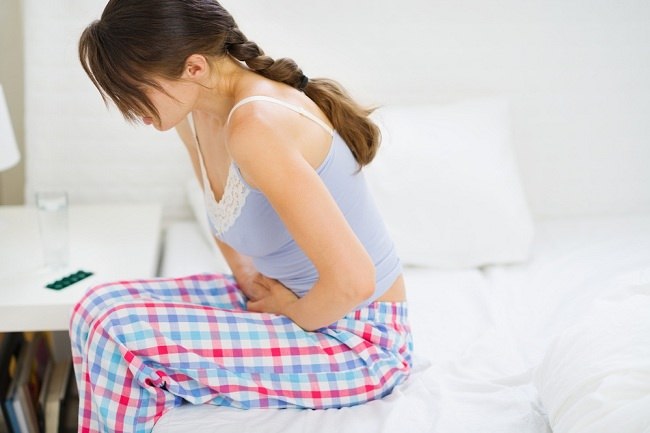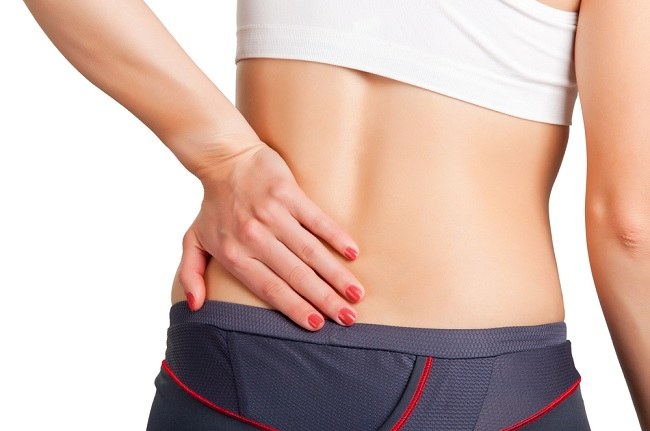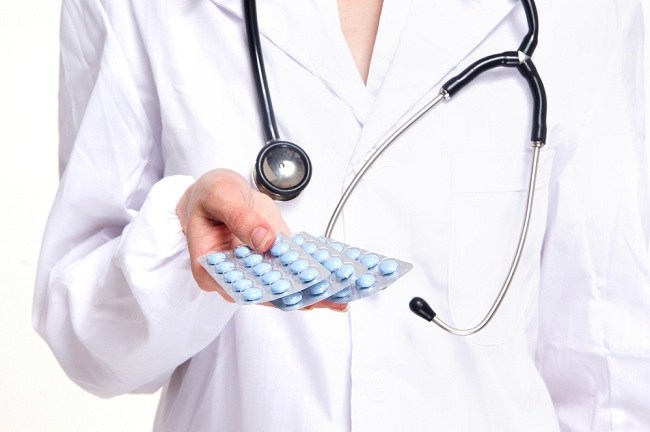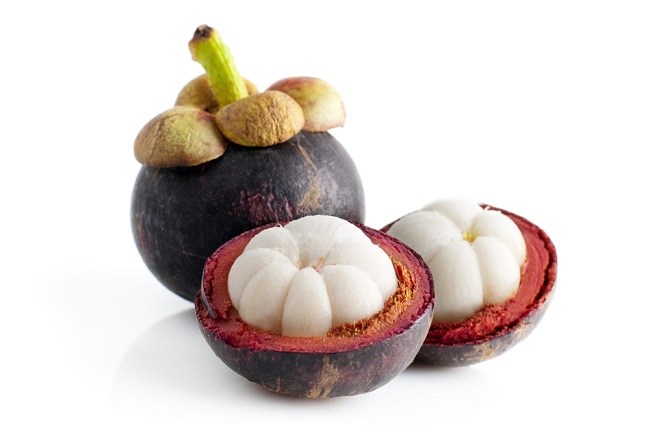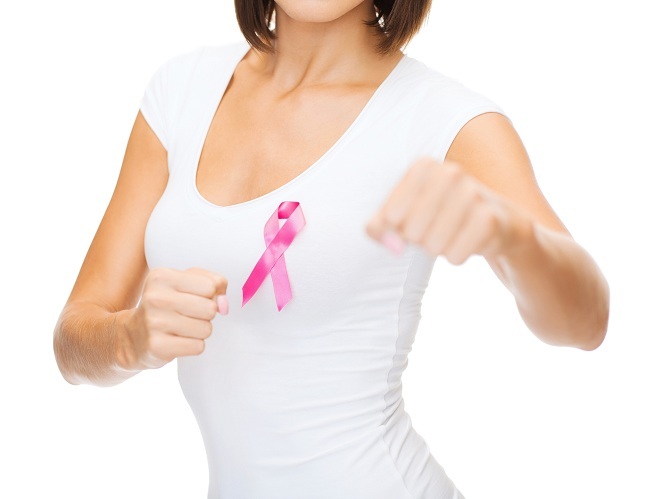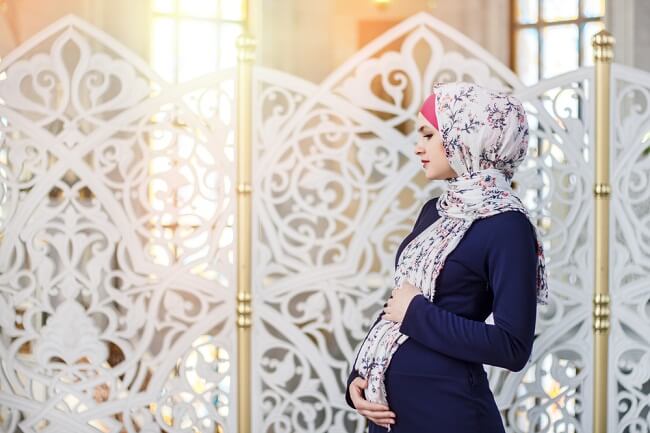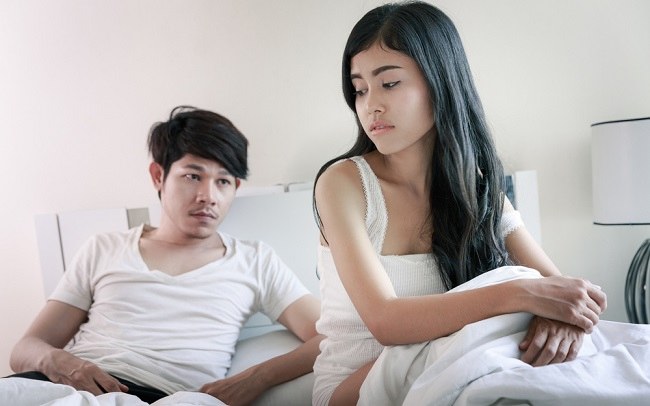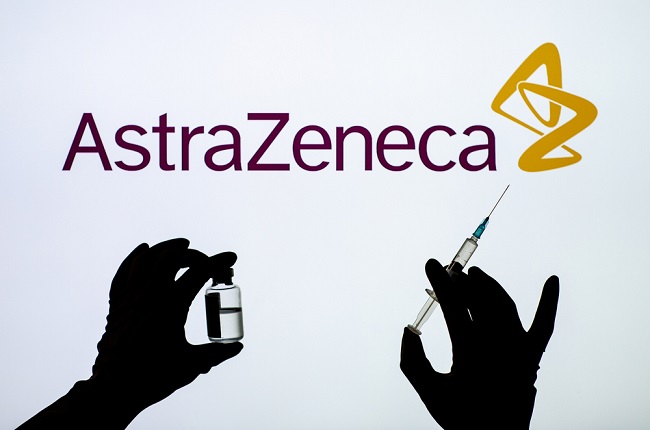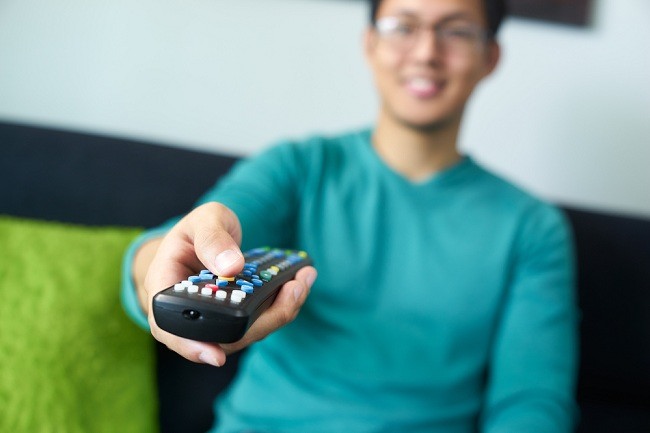The COVID-19 vaccine has arrived in Indonesia. The government has also begun to schedule a vaccination program to reduce the number of positive cases of COVID-19 which is still increasing. If you are in the group that is prioritized for getting vaccinated, there are several things to note.
In addition to implementing health protocols, vaccination is also carried out as an effort to prevent the transmission of Corona virus infection. The government has also planned to gradually bring in around 400 million doses of the COVID-19 vaccine.

The vaccine is planned to be given to the Indonesian population in 2 periods. The first period will take place from January–April 2021 for health workers and high-risk groups, while the second period will be held from April 2021 to March 2022 for the wider community.
Before COVID-19 Vaccination
If you are a priority group for getting a vaccine, there are several things that you should do and prepare before undergoing a COVID-19 vaccination, including:
1. Avoid consuming drinks that contain alcohol
The habit of consuming alcoholic beverages can weaken the immune system. If you are scheduled to get a COVID-19 vaccine, avoid drinking alcohol for at least 2 days before vaccination until about 2 weeks after.
This is important to do so that your immune system remains strong and can produce a good immune reaction to prevent Corona virus infection.
2. Avoid excessive exercise
Regular exercise is good for keeping the body healthy and fit. Exercise also needs to be done before getting the vaccine, because this habit is good to help the immune system stay strong.
However, you are advised not to do strenuous activities or exercise excessively, because this can actually cause a decrease in endurance.
To be healthier and safer, do exercise at least 20-30 minutes every day or at least 3-5 times per week.
3. Sufficient nutritional needs
In order to maintain the immune system, you are advised to meet the nutritional needs, such as protein, vitamins, and minerals, for 1 week before and after getting the vaccine.
Apart from consuming nutritious food, maintaining the strength of the immune system can also be done by taking additional supplements. Thus, the body can create a good immune reaction against the COVID-19 disease.
4. Get enough sleep
A few days before being injected with the COVID-19 vaccine, try not to stay up late and get enough rest time by sleeping for 7-9 hours every night.
If you have trouble falling asleep, try practicing sleep hygiene, for example by turning off cell phones and other electronic equipment at least 1 hour before you go to bed.
5. Get treatment from a doctor
For those who have chronic diseases, such as high blood pressure, diabetes, or HIV infection, you are still advised to undergo treatment from a doctor before getting the COVID-19 vaccine.
One of the requirements to get a COVID-19 vaccine for people with chronic diseases is if their condition is healthy and controlled with medication.
For diabetic patients, the COVID vaccine can be obtained if the HbA1C level is below 58 mmol/mol or 7.5%. Meanwhile, in HIV patients, the COVID-19 vaccine can only be given if the CD4 white blood cell count is more than 200.
To be on the safe side, people who have chronic diseases should consult a doctor first before getting the COVID-19 vaccine.
Taking certain drugs, such as ibuprofen and paracetamol, before vaccination is thought to reduce the work of the vaccine and decrease the body's immune system response to the vaccine. The doctor will assess whether or not the use of a drug is discontinued before giving the vaccine.
6. Inform yourself of your health condition
Tell your doctor or COVID-19 vaccination officer about your health condition when you are about to get vaccinated, such as:
- Fever
- History of allergy to vaccines
- Certain diseases, such as blood disorders, autoimmune diseases, cardiovascular disease, diabetes, HIV, kidney disorders, or liver disease
- Consumption of certain drugs
- Pregnant or planning to become pregnant
- Breastfeeding time
After COVID-19 Vaccination
After you have received your COVID-19 vaccination, proceed with the following steps:
1. Pay attention to vaccine side effects
Various types of vaccines, including the COVID-19 vaccine, can cause some of the following mild side effects:
- Pain and swelling at the injection site
- Fever
- Shivering
- Tired or not feeling well
- Headache
Although very rare, vaccines can sometimes cause dangerous side effects, such as allergic reactions, shortness of breath, and anaphylaxis.
Therefore, after receiving the COVID-19 vaccine, you will be asked not to leave the health facility where you received the vaccine for at least 30 minutes. The goal is for your doctor to make sure you don't experience these side effects.
2. Reduce the side effects of vaccines
To relieve pain or bothersome side effects of COVID-19 vaccines, including the COVID-19 arm, it is recommended that you get enough rest, apply cold compresses to the injection area, and move the injected arm more often.
You can also use over-the-counter pain relievers, such as paracetamol, to reduce pain. However, before using these drugs, you should consult with your doctor first.
Fever itself is the body's natural response when fighting bacteria or viruses that cause disease. When you have a fever after a vaccine, it means your body is boosting its immune system.
The problem is that when you have a fever, your body can lose more fluids. In fact, there is a 10% decrease in body fluids for every 1 degree Celsius increase in fever temperature. In addition, the body can also lose ions along with lost fluids.
Therefore, it is important for you to meet the needs of fluids and ions when you have a fever so you don't become dehydrated. Consumption of fluids that contain ions or electrolytes can be an effective way to maintain body fluids and prevent dehydration when you have a fever.
3. Apply health protocol
Even though you have received the COVID-19 vaccine, it does not mean that you are completely free from Corona virus infection. People who have been vaccinated against COVID-19 can still get this disease, and even pass it on to other people. Therefore, continue to apply health protocols to prevent COVID-19, such as:
- Wearing a mask when outside the house
- Maintain a minimum distance of 1.5–2 meters from other people
- Wash hands with soap and water for 20 seconds or use hand sanitizer with a minimum alcohol content of 60%
- Rest at home when you feel unwell
4. Prepare for the second vaccination
The COVID-19 vaccine must be given in 2 doses in order to produce an optimal immune reaction against the Corona virus. The schedule for the second COVID-19 vaccine is 2 weeks after the first dose of the COVID-19 vaccine.
5. Getting vaccinated for other diseases after COVID-19 vaccination
After getting vaccinated for COVID-19, you should delay giving vaccines for other diseases, such as the flu vaccine and hepatitis B vaccine.
To determine the schedule for giving the COVID-19 vaccine and other vaccines, you can consult with your doctor.
After getting the COVID-19 vaccine, your COVID-19 antigen and antibody rapid test results may be reactive, but don't panic. This could be due to the body's reaction to the vaccine.
To determine whether this is a reaction to the vaccine or indeed because of COVID-19, you can consult a doctor. If necessary, the doctor may suggest a PCR test to confirm the diagnosis of COVID-19.
Those are the things that need to be done before and after the COVID-19 vaccination. In general, the COVID-19 vaccine that is now provided by the government is quite safe and effective to prevent infection with the Corona virus.
However, if after being vaccinated you experience certain complaints, such as shortness of breath, severe headache, swollen face and throat, a red rash appears on the skin, or heart palpitations, immediately consult a doctor for treatment.
